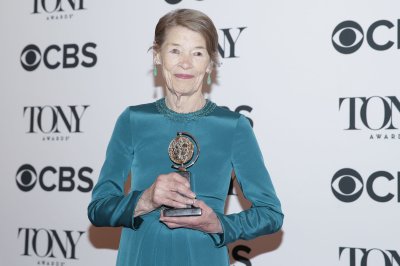Topic: John Major
Quotes
I cannot see any credible or logical reason why -- given the circumstances as they now are, given the fact that they have already published a summary of the opinion, given the fact that there is no doubt Lord Goldsmith produced such an opinion -- I cannot see at all why that should not now be published
Ex-British PM wants Iraq war info released Feb 29, 2004
There is no scientific evidence that BSE can be transmitted to humans or that eating beef causes it in humans
Food: Beefing it up like the president Jan 07, 2004
It is essential that the word of government and the intelligence services is readily accepted by Parliament and the public
Blair insistent on Iraqi weapons Jul 10, 2003
I have always said that the euro will break up. Not after the first crisis today, but after the second crisis, which could be 10 years away. This is, after all, a political project, not an economic project
Early anti-euro voice has not flinched Dec 28, 2010
Sir John Major, KG, CH, ACIB (born 29 March 1943) is a British Conservative politician, who served as Prime Minister of the United Kingdom and Leader of the Conservative Party from 1990–1997. He held the posts of Foreign Secretary and Chancellor of the Exchequer in the cabinet of Margaret Thatcher and was the Member of Parliament (MP) for Huntingdon 1979–2001.
Despite Thatcher's "notorious" assertion that "she expected to continue in control as a backseat driver," Major's mild and consensual style was seen as complete contrast to Thatcher's forceful and confrontational manner. Early in his term, he presided over British participation in the First Gulf War (March 1991) and negotiated "Game, Set and Match for Britain" at the Maastricht Treaty (December 1991). Despite the British economy then being in recession he led the Conservatives to a fourth consecutive election victory, winning the most votes in British electoral history in the 1992 general election, albeit with a much reduced majority in the House of Commons.
Major's premiership saw the world go through a period of political and military transition after the end of the Cold War. This included the growing importance of the European Union, an issue which was already a source of friction within the Conservative Party owing to its importance in the decline and fall of Margaret Thatcher. Major and his government were responsible for the United Kingdom's exit from the Exchange Rate Mechanism (ERM) after Black Wednesday on 16 September 1992, after which the Conservatives never gained a lead in the opinion polls.
It uses material from the Wikipedia article "John Major."














